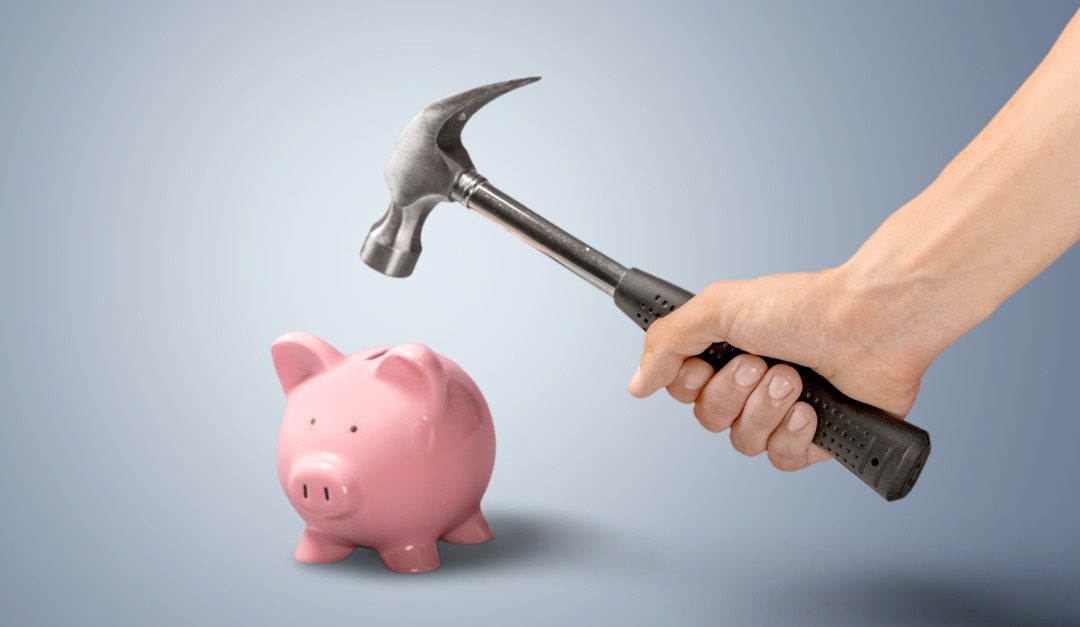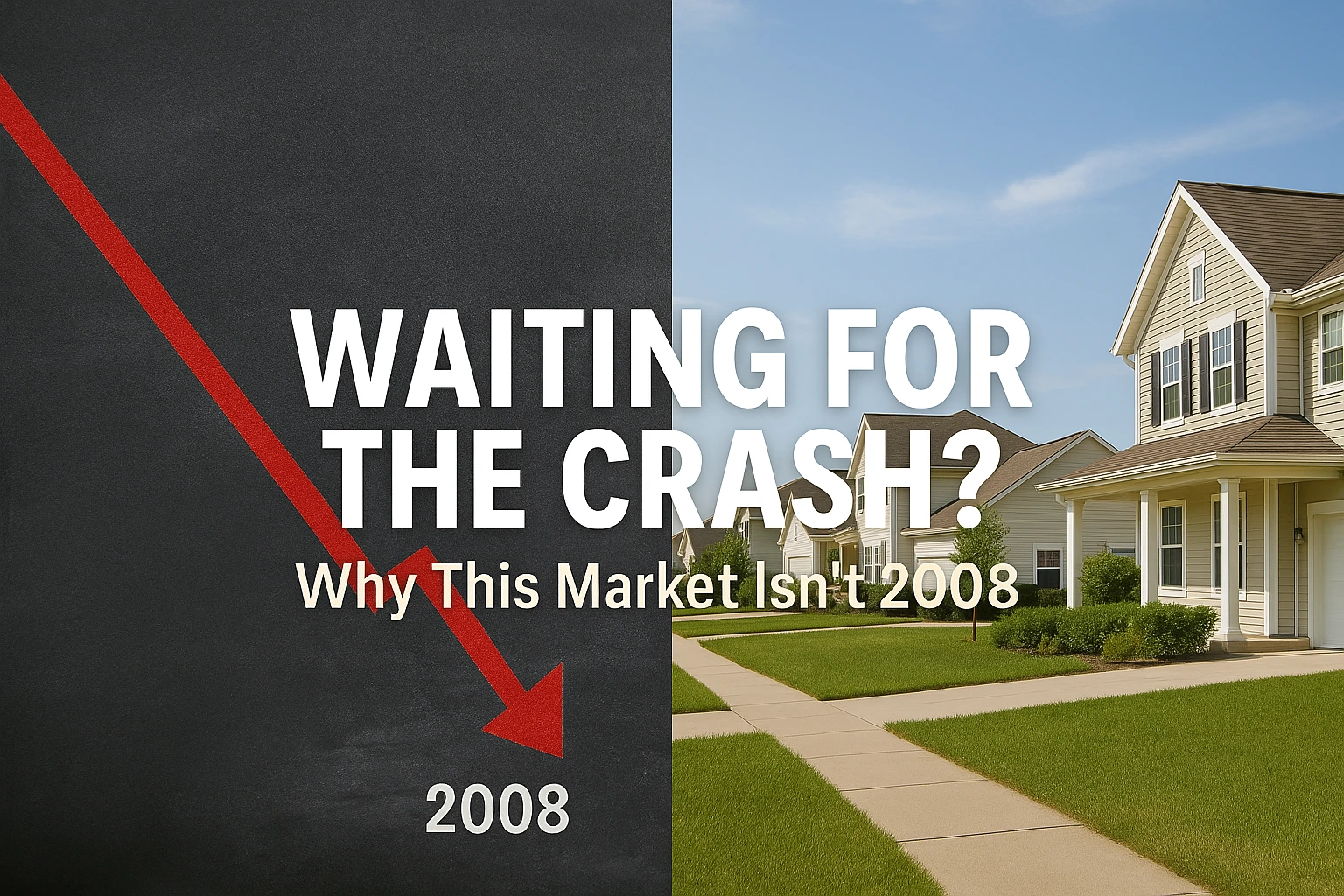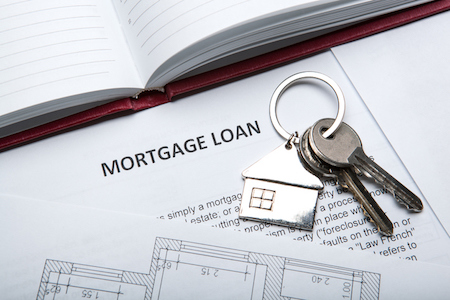Share

Why You Shouldn’t Drain Your Savings Account to Cover a Down Payment
If you want to buy a home, youll probably need to make a substantial down payment. Putting down 20 percent can help you avoid paying hundreds of dollars each month for private mortgage insurance. You may be thinking about using all the money in your savings account for a down payment, but that could be a big mistake.
Emergencies and Repairs
You could lose your job or become unable to work because of an illness or injury at any time, or a family member could be unable to work or have unexpected medical bills. Thats why you should always have an emergency fund with enough money to cover at least three months worth of living expenses.
When you rent an apartment, you can call the landlord or maintenance department to fix any problem. When you own a house, the responsibility for repairs and maintenance falls squarely on you. Many people are unprepared for the total cost of homeownership. Having money set aside in a savings account for repairs and maintenance is much better than paying bills with a high-interest credit card.
The house you bought might need renovations to make it a comfortable or safe place to live. Upgrades could easily cost tens of thousands of dollars. You wouldnt be able to fund these projects with savings if you emptied your account to pay for a down payment. Using a high-interest credit card could leave you overwhelmed with debt and unable to afford your mortgage.
Liquidity
A savings account can be accessed at any time. When money is tied up in a house, it can be harder to utilize. If you suddenly encountered a financial problem, it would be much easier to withdraw money from your savings account than to get a home equity loan or line of credit, especially if you just recently bought your house and didnt have much equity.
Other Priorities
You probably have other financial goals that are as important, if not more important, than buying a house. High-interest credit card debt could take up a huge chunk of your monthly earnings, and high balances could make it difficult or impossible to buy a house or car with a favorable interest rate. The sooner you pay off your credit cards, the better off youll be in the long run. Retirement savings grow over time through compounded interest. If you havent started investing for retirement, you should before you buy a house.
Take a Balanced Approach
Buying a house is a major investment. It can be tempting to put all your savings toward a down payment, but you should also focus on other priorities and be prepared for the unexpected. Make sure you are building an emergency fund, paying down debt, and saving for retirement, and consider delaying a home purchase, if necessary, to keep your priorities in balance.
This article is intended for informational purposes only and should not be construed as professional or legal advice.
Published with permission from RISMedia.
STAY IN THE LOOP





